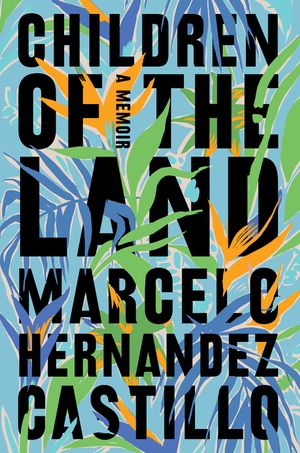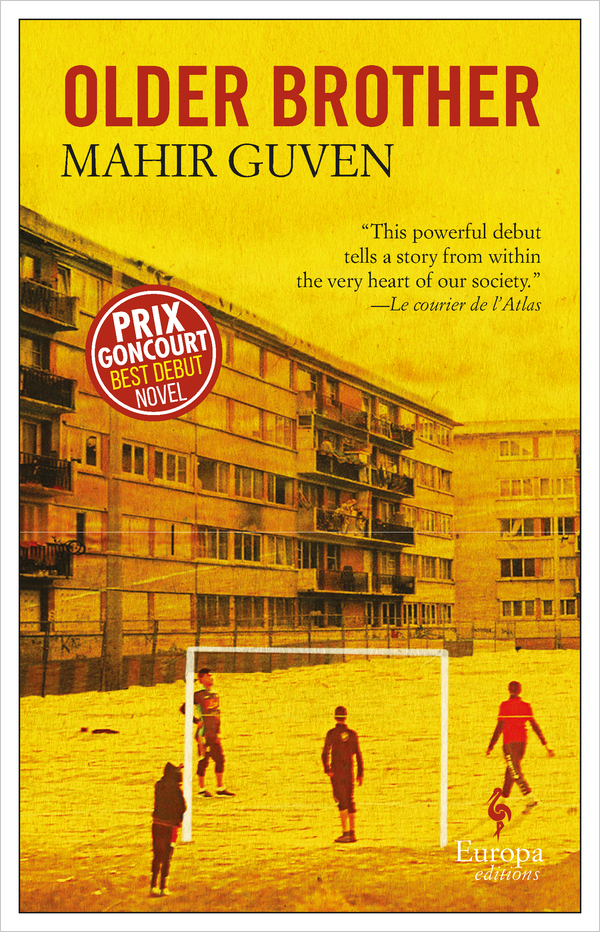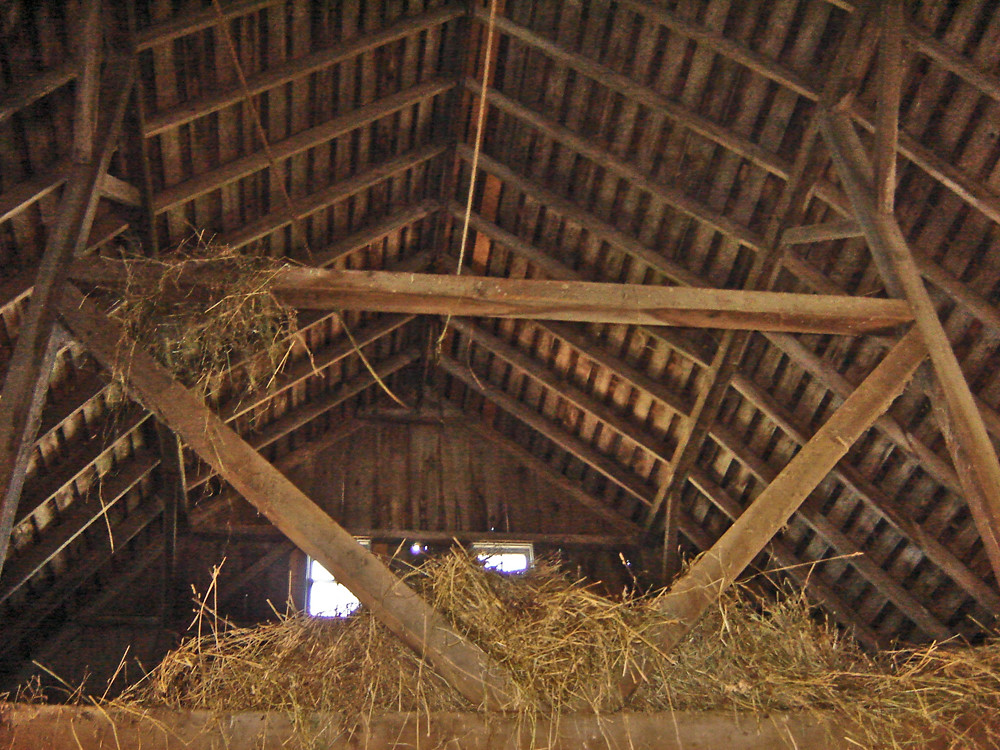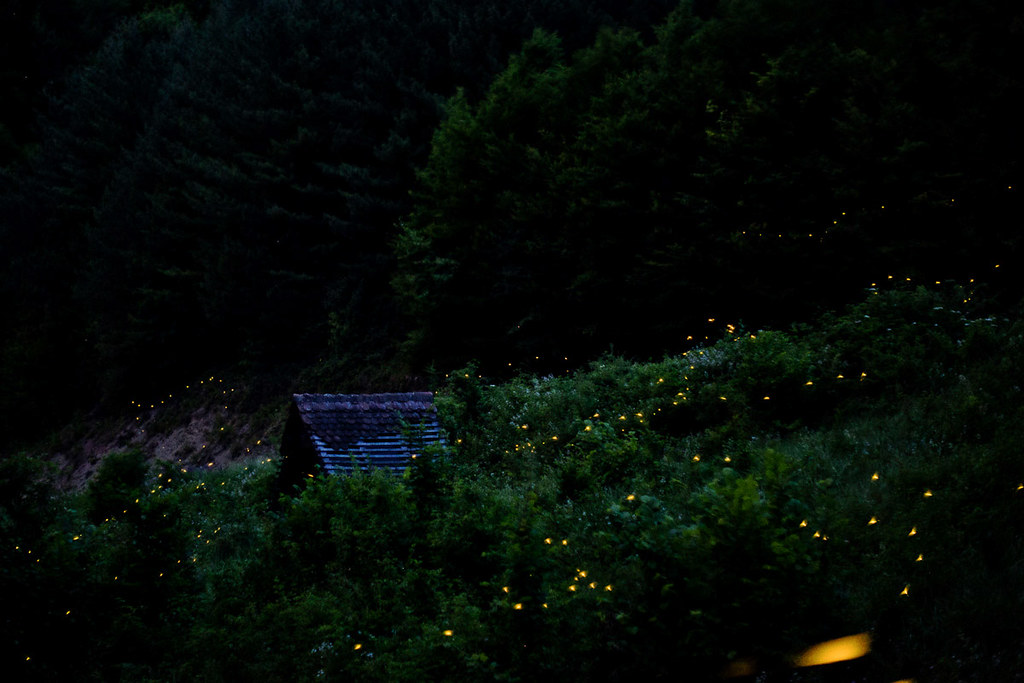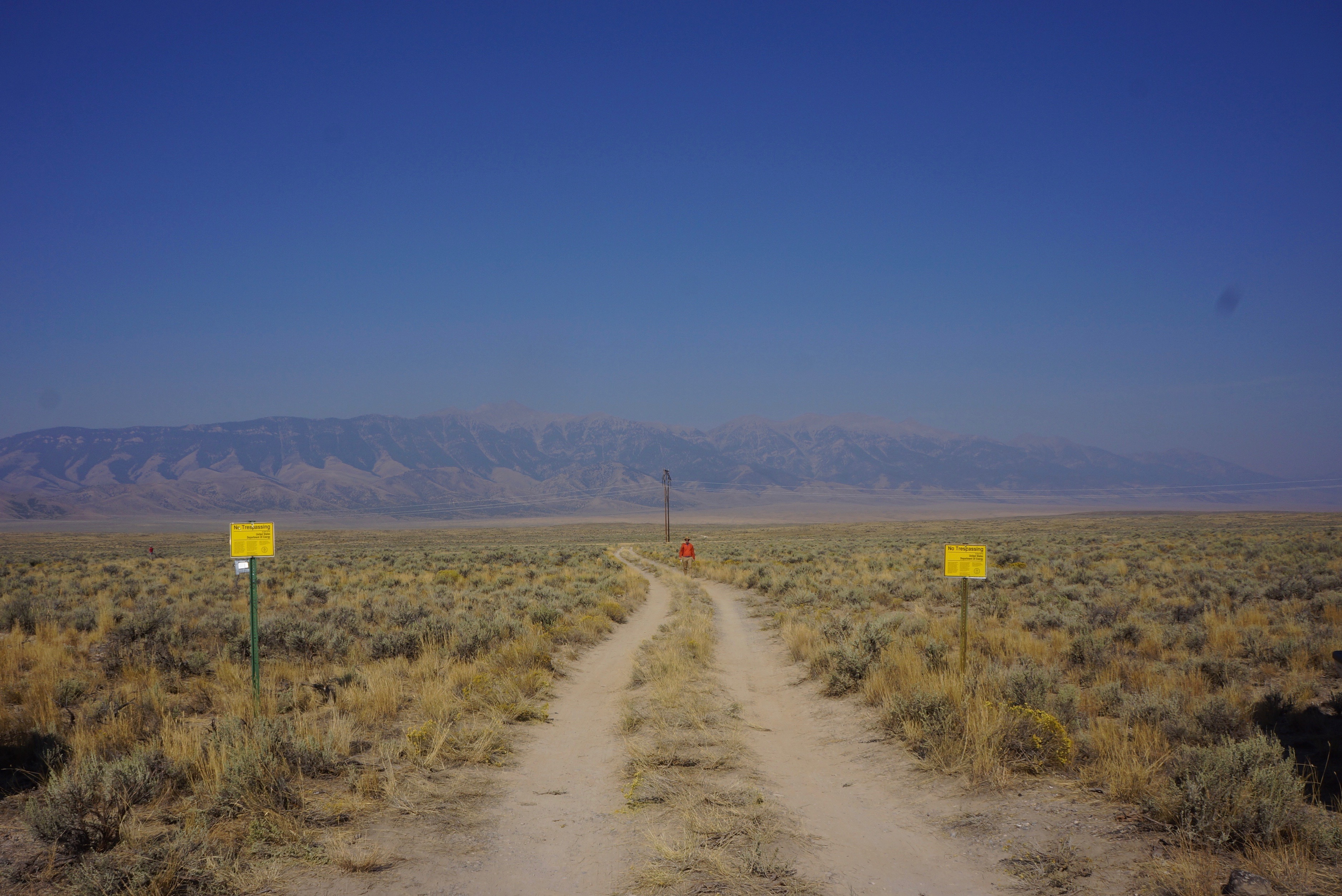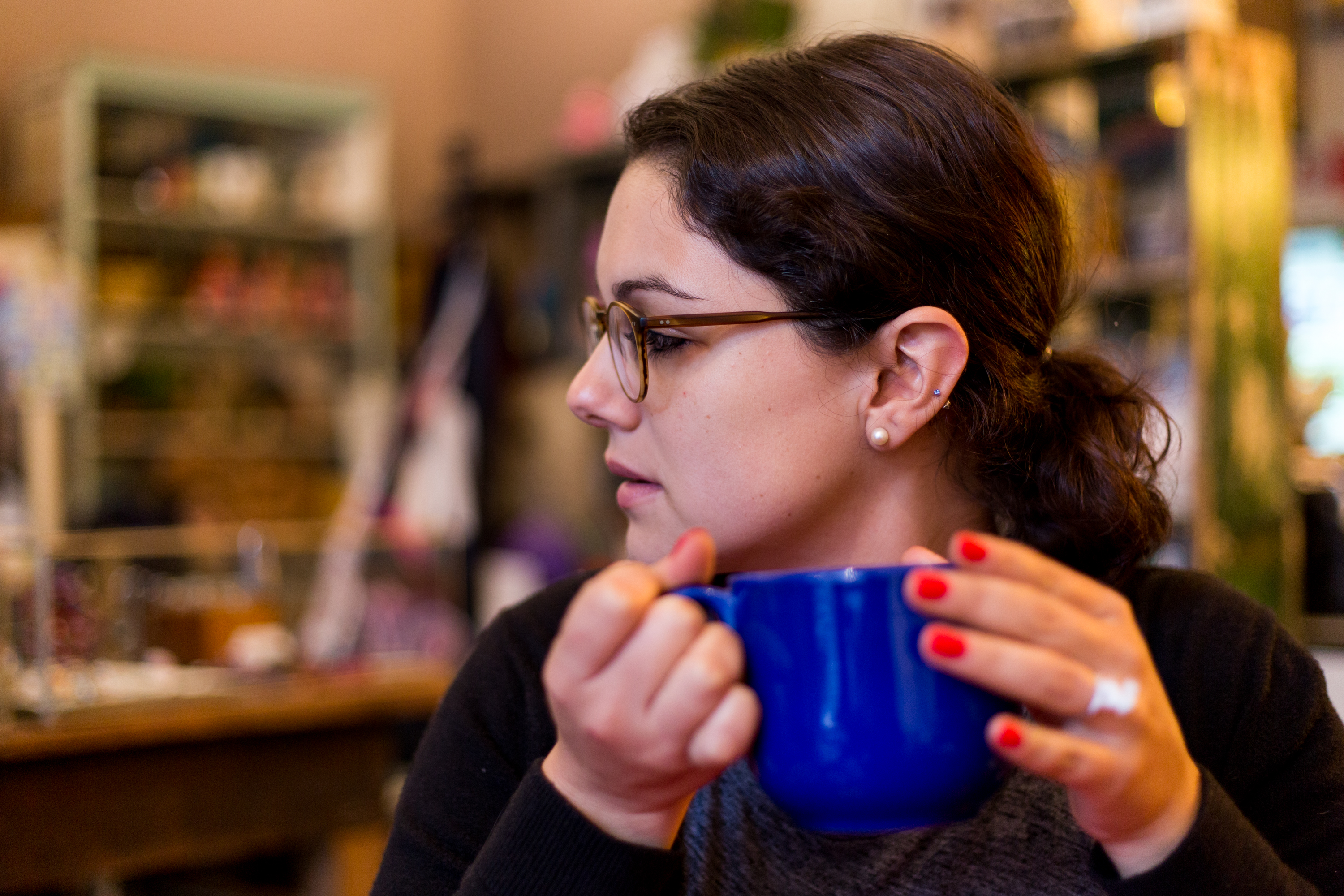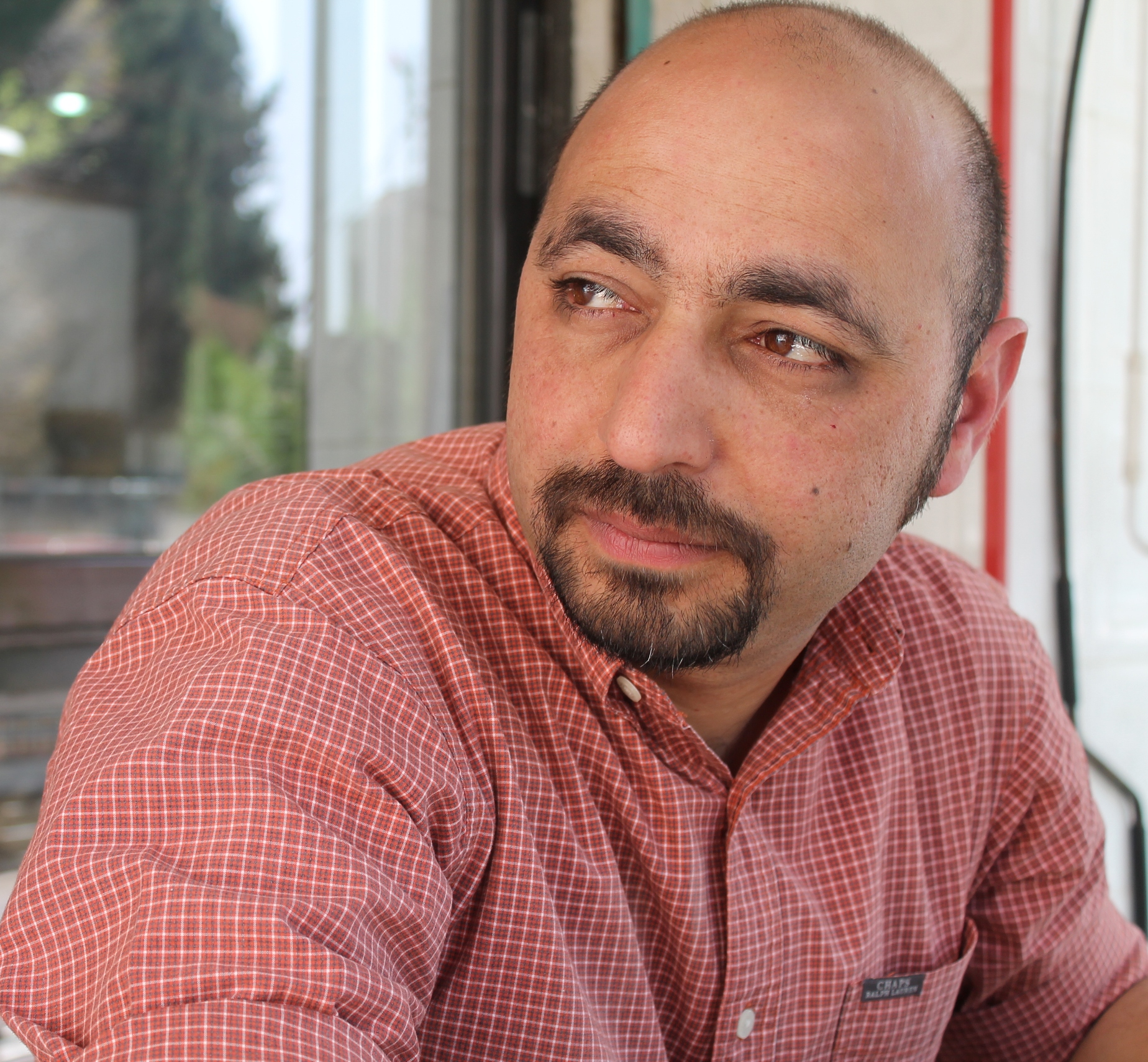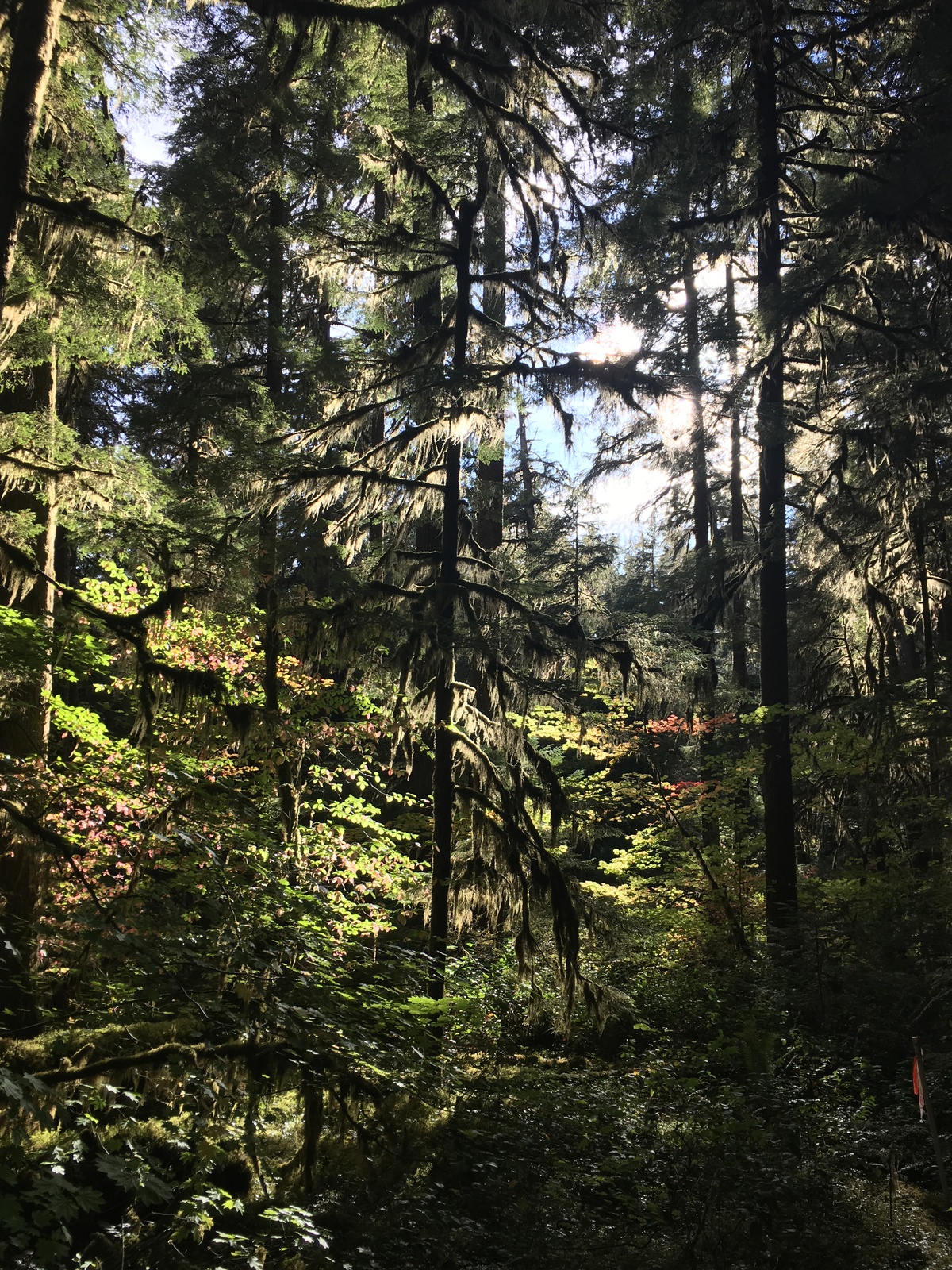Book by MARCELO HERNANDEZ CASTILLO
Review by MINDY MISENER
“There were moments when I didn’t need to tell my body how to move,” poet Marcelo Hernandez Castillo writes in the opening passage of his memoir, Children of the Land. He’s introducing a scene in which armed ICE agents arrive at his house. He’s a senior in high school. The agents are looking for his father, who isn’t there. They leave. Yet their presence, a longstanding threat finally realized, creates a shift. Hernandez Castillo can no longer act without thinking. He explains, “Even laughter required some kind of effort. I had to remind myself: this is funny, this is how you laugh—laugh now, laugh hard, spit out your food.”
